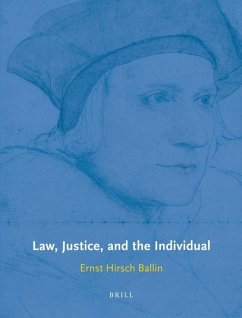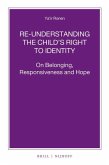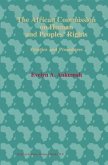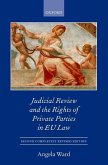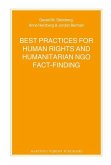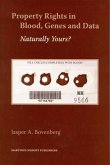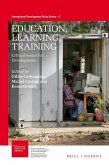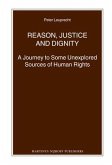In this lecture - the first Dutch Thomas More Lecture, given in 's-Hertogenbosch on 30 March 2011 - Ernst Hirsch Ballin (Amsterdam, 1950), former Minister of Justice and Minister of the Interior, now a professor of law at the universities of Tilburg and Amsterdam, finds common ground between Thomas More's early sixteenth century Christian humanism and present-day issues of law and justice. The beginning of Utopia is set in the Low Countries, and opens with a meeting in Antwerp between Thomas More and the Flemish humanist Peter Giles, after More had visited the Cathedral of our Lady in Antwerp. Giles introduced More to a fictitious traveller who had sailed the Seven Seas. But the meeting between More and Giles in Antwerp was real. The Stichting Thomas More seeks to promote the interaction between Dutch scholars and students and Catholic intellectuals in other countries. Ernst Hirsch Ballin participated in a trip to the United States made by Dutch and Flemish scholars in 1995 and organized by this foundation. In the early 1970s he studied Thomist philosophy at the University of Amsterdam with the Dominican professor B.A.M. Barendse, who once held one of the chairs endowed by what is now the Stichting Thomas More.
Hinweis: Dieser Artikel kann nur an eine deutsche Lieferadresse ausgeliefert werden.
Hinweis: Dieser Artikel kann nur an eine deutsche Lieferadresse ausgeliefert werden.

